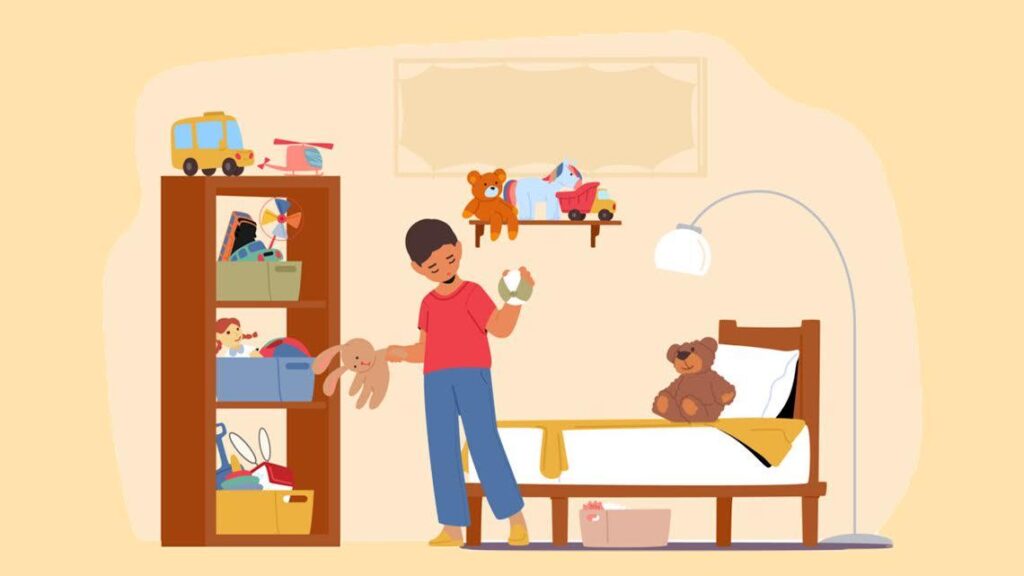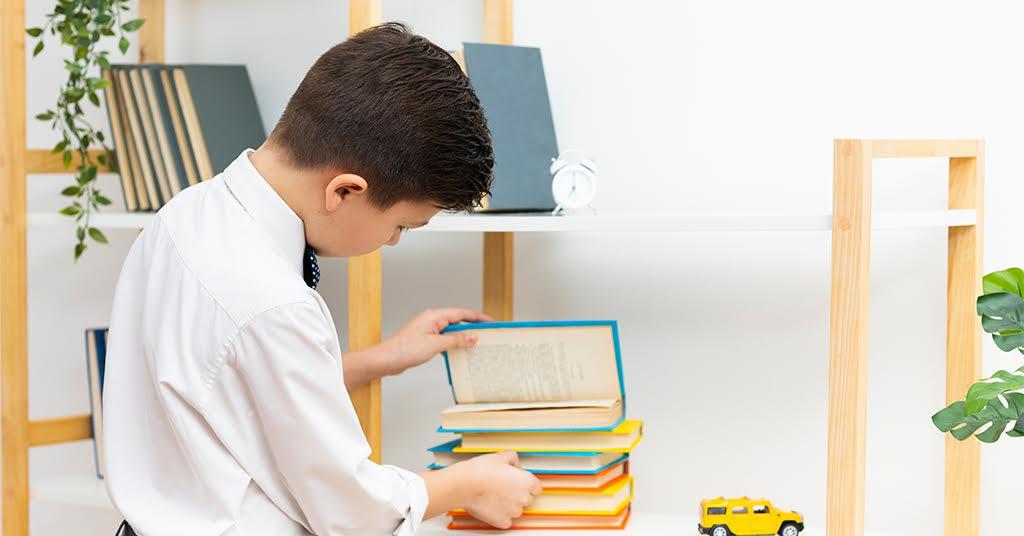
Attention-Deficit/Hyperactivity Disorder (ADHD) is one of the most common neurodevelopmental disorders in children. It affects their ability to focus, regulate impulses, and manage their energy levels. ADHD can have a significant impact on a child’s academic performance, social interactions, and family life, but with the proper support, children with ADHD can thrive (Rehman, 2023a)
Let’s step back from the academic terms and look at what is happening with the child daily and how the whole family is affected by the child’s condition. Usually, a child with ADHD struggles to focus on one task for an extended period. It happens because any outer stimuli easily destructs the child.
Due to a lack of structure, the child may not finish assignments or submit poorly executed work. Lack of planning skills and disorganisation can lead to missing steps in assignments, overlooked details, and incomplete submissions. Moreover, disorganization has emotional consequences, such as anxiety caused by constantly searching for lost items or scrambling to remember. We all know how anxiety can affect our performance and productivity.
As a result, your child starts to procrastinate and frequently avoids challenging situations at school, so their Grades are getting lower, despite their intelligence and effort. In other cases, though the students make so much effort to catch up with their studies, they might still struggle because their brains are wired differently, and they may not be able to complete tasks effectively in traditional ways.
In the long term, struggling with planning and time management can impact the development of executive functioning skills, which are crucial for academic and life success. Children with Attention-Deficit/Hyperactivity Disorder (ADHD) often face challenges related to academic performance.
- Missing deadlines,
- Losing materials,
- Avoiding difficult tasks,
- Time blindness,
- Incomplete work
- Increased stress
- Seeking immediate gratification
- Last minute work
- Frustration and gilt
Family life is significantly impacted by the challenges of raising children with ADHD. It’s common for parents to express feelings of overwhelm regarding their children’s behaviour, schoolwork, and emotional needs. Children with ADHD often require constant supervision and reminders, which can lead to parental burnout. Frequent conflicts between parents and children, as well as among siblings, contribute to frustration and anger within the household. Siblings may feel overlooked as parents devote more attention to the child with ADHD. Additionally, ineffective coping strategies can exacerbate these issues. Let’s explore ways to enhance the child’s academic performance and improve family relationships.
There are four key aspects to control the symptoms:
- Behavioural therapy.
- Medication
- Parents training.
- Lifestyle changes

The medication and lifestyle changes are well known, but behavioural strategies and parent training can improve the situation. The pills don’t teach skills, so strategies of organization, time management, emotional regulation together with parents’ education can create a good “scaffolding” for your child’s growth and self-esteem. As a professional organiser working with parents of children with ADHD I recommend teaching children with ADHD organisational skills.
- Use Visual Tools: Provide planners, calendars, or checklists to help the child track homework and deadlines.
- Chunk Assignments: Break large assignments into smaller, more manageable steps with specific deadlines for each.
- Organize Materials: Use labelled folders, binders, or containers to keep school supplies and homework organized.
- Set Up a Homework Routine: Create a consistent time and quiet space for studying every day.
- Start Small: Encourage the child to spend just 5-10 minutes on a task to overcome resistance to starting.
- Use Timers: Tools like the Pomodoro Technique (25-minute work intervals with short breaks) can help manage time effectively.
- Incorporate Rewards: Offer small incentives for completing tasks, such as extra screen time or a favourite snack.
- Limit Distractions: Remove distractions like phones, toys, or games during study time.
While organization can be a major challenge for Children with ADHD, these skills can be developed with the right strategies, tools, and consistent support. By focusing on practical, step-by-step approaches and celebrating progress, children can learn to manage their time, materials, and tasks more effectively, setting the foundation for success in school and beyond. These strategies can be very effective, even small steps can make a big change.
I would like to share a success story a teenage client I worked with. His mum asked me to help him organize his room and we started with space organizing, but when the boy started to manage his space and it became easy for him to maintain the order in his room, we went through all the steps of teaching organising skills and implemented new habits. We even set up his future goals and wrote down the steps to achieve them. He was able to successfully finish school and his relationship with his mother was improved significantly.
If you approach the challenges of raising children with ADHD not as a complex problem, but as a series of smaller issues to address, it may become easier to take steps toward improving both their life and your relationships.
Photo Credits:
First image: lemono
Second image: freepik
References
https://hopeandbelief.com/tag/neurodevelopmental-disorder/

Natalia Privalova
About the author
Natalia Privalova is a professional organizer, productivity consultant, and specialist in ADHD and Challenging Disorganization. She is passionate about simplifying lives and is dedicated to creating functional systems and establishing routines that promote harmony and happiness in family life. Believing that the environment is crucial in unlocking one’s full potential, Natalia empowers individuals to be productive and successful, even in the face of challenges. Through her unique approach to organization, Natalia helps clients optimize their surroundings to enhance their overall well-being and productivity.
Recently Added
Artificial Intelligence or AI, as we like to call it, has become a part of everyday operations, enhancing everything from manufacturing automation …
In today’s times, health is being acknowledged as physical as well as mental. Mental wellbeing became a part of the WHO’s constitution …
Generation Z, popularly known as Gen-Z, is the class of individuals born between 1996 and 2010. These individuals were born directly into …




